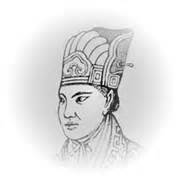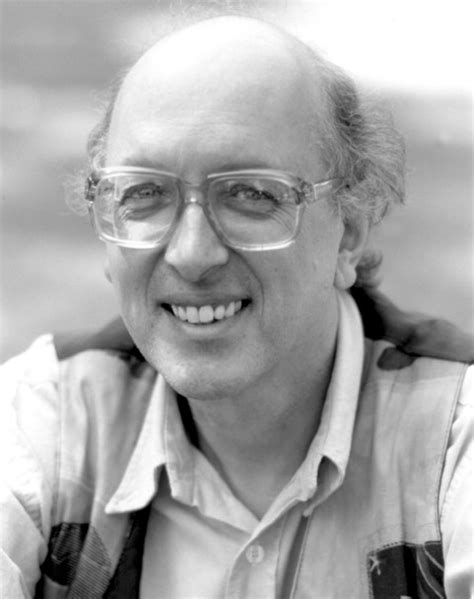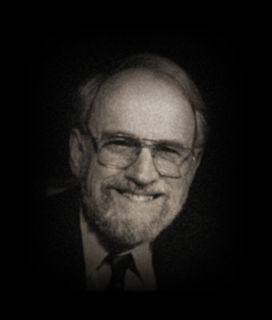A Quote by Ramana Maharshi
Experiences such as, 'I went; I came; I was; I did,' come naturally to everyone. From these experiences, does it not appear that the consciousness 'I' is the subject of those various acts? Enquiry into the true nature of that consciousness, and remaining as oneself, is the way to understand, through enquiry, one's true nature.
Related Quotes
We are completely unaware of our true nature because we identify ourselves with our body, our emotions and our thoughts, thus losing sight of our unchanging centre, which is pure consciousness. When we return to our true nature, our thoughts and perceptions no longer appear as modifications of a single substance, they come into being and subside like waves of the ocean.
I believe consciousness is non-local and a big part of what we experience with near death and past lives. It's the consciousness that has come into us from other experiences and our consciousness that we remain aware of when we leave our bodies and they communicate with us through dreams, and even through drawings which I do a lot of work with myself.
The whole drift of my education goes to persuade me that the world of our present consciousness is only one out of many worlds of consciousness that exist, and that those other worlds must contain experiences which have a meaning for our life also; and that although in the main their experiences and those of this world keep discrete, yet the two become continuous at certain points, and higher energies filter in.
In the field of consciousness research-and also in physics and astronomy-we are breaking past the cause-and-effect, mechanistic way of interpreting things. In the biological sciences, there is a vitalism coming in that goes much further toward positing a common universal consciousness of which our brain is simply an organ. Consciousness does not come from the brain. The brain is an organ of consciousness. It focuses consciousness and pulls it in and directs it through a time and space field. But the antecedent of that is the universal consciousness of which we are all just a part.
Consciousness... does not appear to itself chopped up in bits. Such words as 'chain' or 'train' do not describe it fitly as it presents itself in the first instance. It is nothing jointed; it flows. A 'river' or a 'stream' are the metaphors by which it is most naturally described. In talking of it hereafter, let us call it the stream of thought, of consciousness, or of subjective life. Source of the expression 'stream of consciousness'.
Happiness and peace of mind are a matter of consciousness. We must create the harmony we desire. As we raise our level of consciousness we become more in tune with the true nature of our being. This type of awareness is not an accident; it comes from study and an understanding that we are truly creative.
Since consciousness is the basis of all reality, any shift in consciousness changes every aspect of our reality. Reality is created by consciousness differentiating into cognition, moods, emotions, perceptions, behavior, speech, social interactions, environment, interaction with the forces of nature, and biology. As consciousness evolves, these different aspects of consciousness also change.
Synchronicities, epiphanies, peak, and mystical experiences are all cases in which creativity breaks through the barriers of the self and allows awareness to flood through the whole domain of consciousness. It is the human mind operating, for a moment, in its true order and moving through orders of increasing subtlety, reaching past the source of mind and matter into creativity itself.
Whether you are aware of them or not, whether you recognize them as spiritual or not, you probably have had the experiences of silence, or transcendence, or the Divine-a few seconds, a few minutes that seem out of time; a moment when the ordinary looks beautiful, glowing; a deep sense of being at peace, feeling happy for no reason. When these experiences come...believe in them. They reflect your true nature.
To grasp life and meaning, we assume constancy where it does not exist. We name experiences, emotions, and subjective states and assume that what is named is as enduring as its name. Human beings blessed and cursed with consciousness - especially consciousness of their own being - think in terms of names, words, symbols.







































